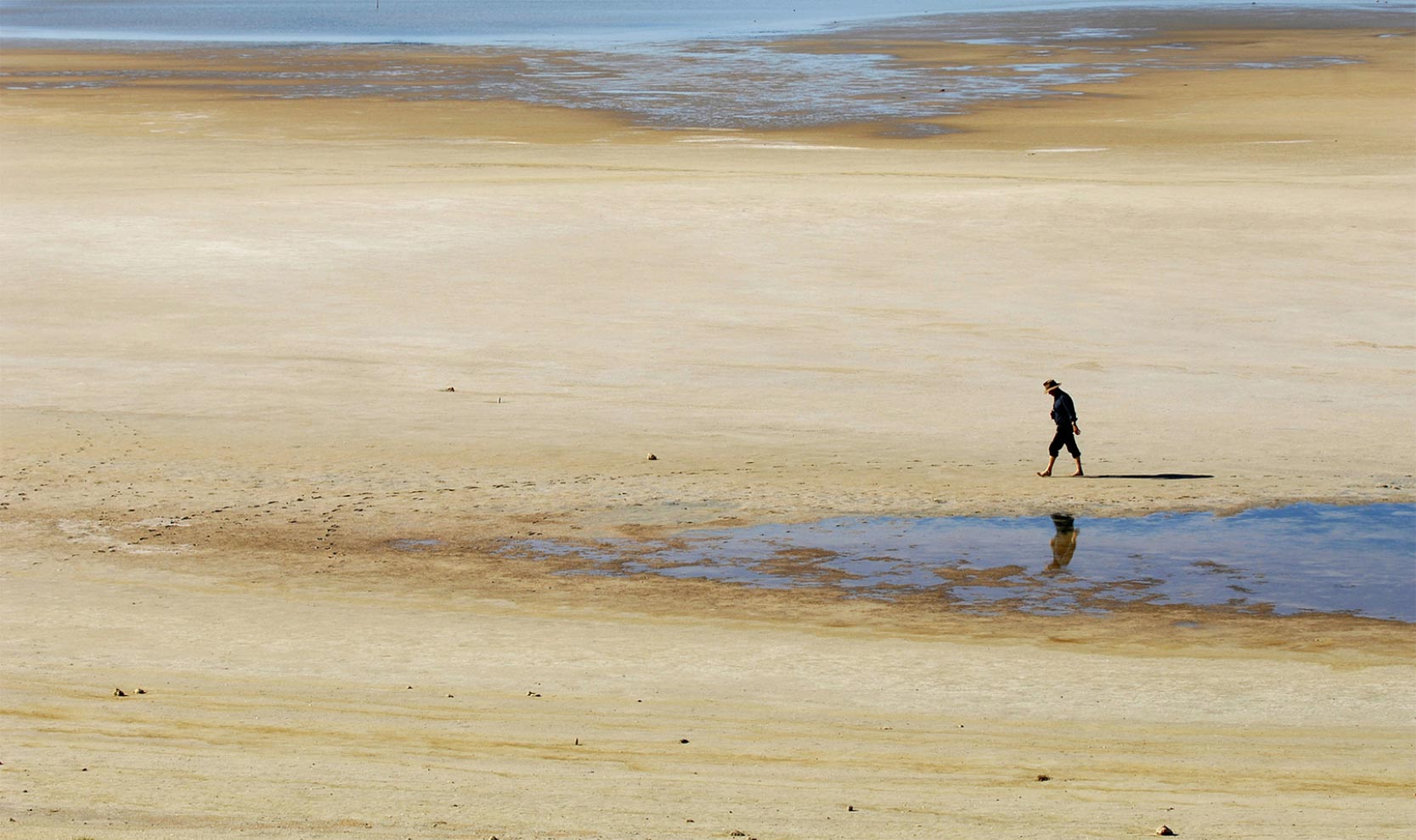Making a global impact one project at a time
Led by PLuS Alliance fellows and researchers, these collaborative, seed-funded research projects focus on creating a sustainable future for everyone.
Led by PLuS Alliance fellows and researchers, these collaborative, seed-funded research projects focus on creating a sustainable future for everyone.
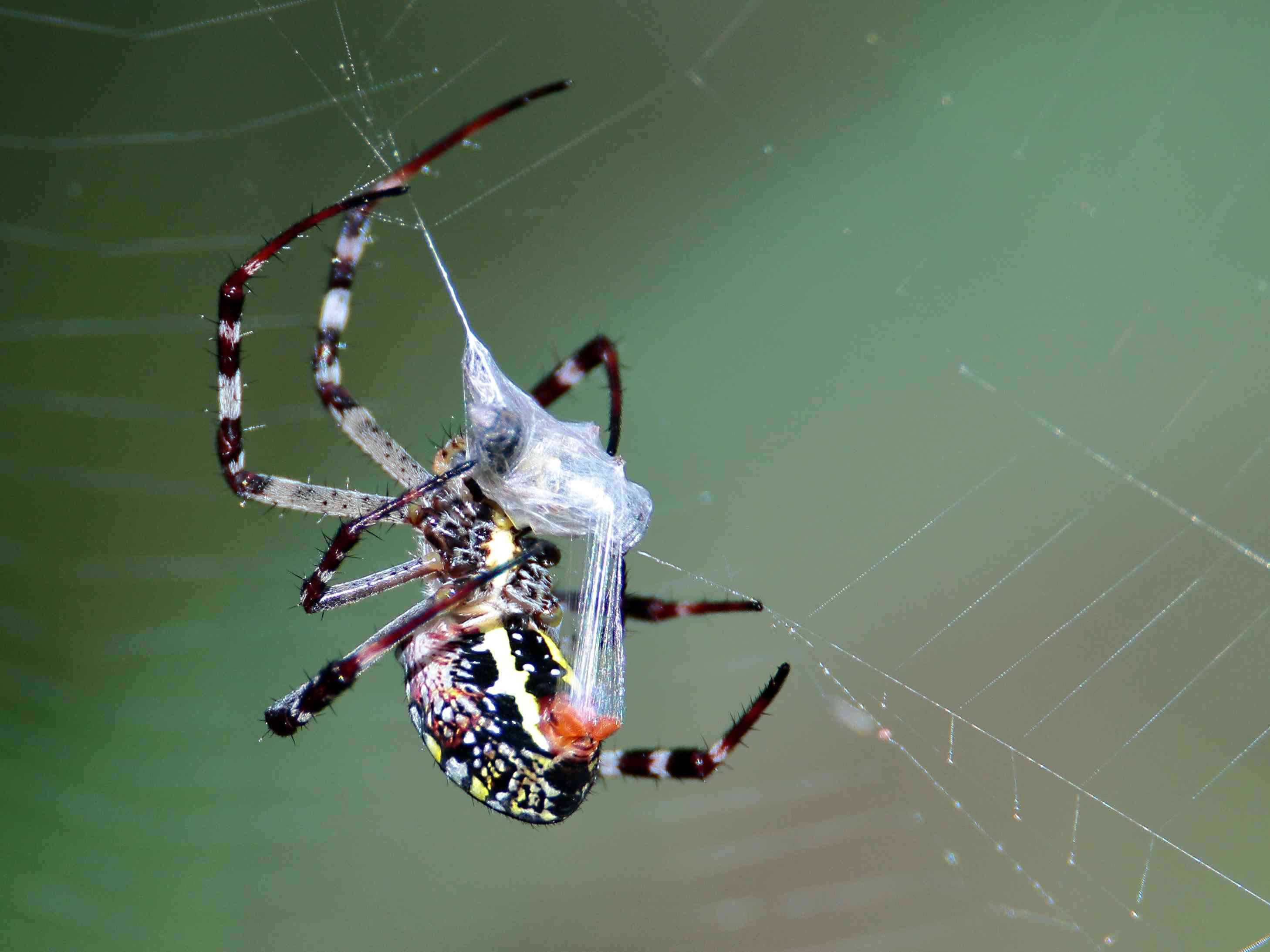
Given the impacts that creating and using thermoplastic has on the environment, any new materials that can perform as well as these materials can without impacting the environment are widely sought after. Spider silk is an extremely high performance material made from proteins in a water solvent. Harvesting spider silk in the same way as silkworm silk is harvested is nonetheless not possible due to the cannibalistic nature of the spiders. Our team has initiated a recombinant spider silk generation program that is progressing very well, with a range of proteins already produced. Seed funding will enable the technology to progress to a stage where production can be scaled up and external industry partners approach for funding the extensive work required.
Dr Sean Blamires |
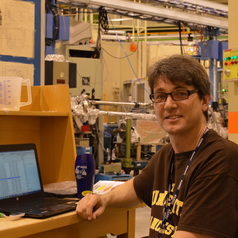
UNSW | Sustainability

UNSW • Sustainability
Sean Blamires attained a PhD in Biology from the University of Sydney in 2007. He also has a Graduate Diploma of Education (University of New South Wales, 2003). He has held research positions at Tunghai University, Taiwan (2009-2014), University of Akron, USA (2011), and the University of New South Wales (2014-2018), along with teaching positions at New York University (2014-2020) and Notre Dame University (2020). Dr Blamires’ research interests range from the physiological ecology of spider silk and webs to the genetic engineering of silk products. He is the founder of the Spider Silk Research Lab, which has collaborations across 5 continents and engages in cross-disciplinary research on silks and other materials. Dr Blamires has authored over 70 Scientific papers with over 100 collaborators, including publications in prominent journals such Annual Review in Entomology, Current Biology, and Chemical Communications. His papers have been cited over 1200 times.
Professor Jeffrey Yarger |

ASU | Sustainability

ASU • Sustainability
Jeffery L. Yarger is a professor of chemistry, biochemistry and physics at Arizona State University. He holds a joint appointment in the School of Molecular Sciences and the Department of Physics. He is also the founding and current director of the Magnetic Resonance Research Center (MRRC). His primary research interests are in biophysical chemistry, nano-materials, biopolymers and the general field of disordered or amorphous materials. His current research interests includes (i) fundamental structural and dynamical characterization of amorphous materials with an emphasis on biopolymer (i.e., spider silk), amorphous pharmaceuticals and polyamorphic systems; (ii) Development of Nuclear Magnetic Resonance (NMR), X-Ray Diffraction (XRD), Neutron Scattering, Brillouin Scattering, Vibrational Spectroscopy and Calorimetric techniques to better characterize amorphous materials; (iii) Synthesis and molecular level characterization of nano-materials and nano-composites; (iv) The applications of amorphous materials and molecular level characterization techniques to biomedical instruments and human health; and (v) Materials under extreme conditions.
Associate Professor Christopher Marquis |
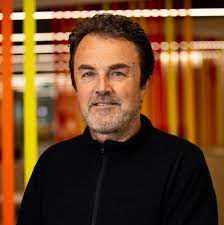
UNSW | Technology and Innovation

UNSW • Technology and Innovation
Associate Professor Marquis trained as a biochemical engineer and has current interdisciplinary research projects across protein biotechnology and in the bio-nanotechnology interface. Current projects include developing recombinant enzymes for organohalide bioremediation, searching for and developing improved versions of the enzyme gamma glutamyltransferase for dipeptide bioproduction, integrating new microfluidic devices into mammalian cell bioprocesses and evaluation of new materials for biofilm deterrence. Newer collaborations include the development of methods to generate recombinant spider silks. In addition Associate Professor Marquis is the Director of the Recombinant Products Facility (www.proteins.unsw.edu.au), which houses research infrastructure for fermentation, cell culture, mid-stream and downstream processing for protein production, purification and characterisation. The facility also provides expertise in developing and optimising bioprocesses. The primary role of the Facility is to provide research support to the UNSW research community, however the facility provides contract services for the wider research community and also industry. The RPF has fermentation capacity to 20L and a variety of mid and downstream processing capabilities for the production and purification of proteins for research. In addition to running contract projects we have a number of internal initiatives to investigate and optimise bioprocesses.
Dr Aditya Rawal |
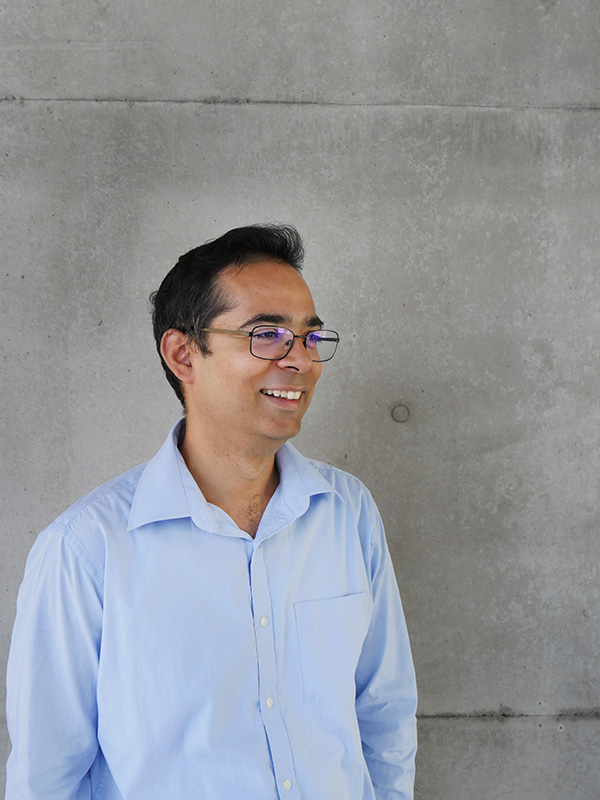
UNSW | Technology and Innovation

UNSW • Technology and Innovation
Dr Aditya Rawal was awarded a PhD in 2007 from the Department of Chemistry, The Iowa State University. He is currently a Senior Lecturer at UNSW, and carries out research at the Nuclear Magnetic Resonance Facility within the Mark Wainwright Analytical Centre. His work focuses on the characterization of order and disorder in multicomponent systems such as spider silks, pharmaceutical formulations, metal organic frameworks and lithium-ion batteries. This characterization leads to a deeper understanding of the origin of material properties in these systems. His tool of choice for these investigations is solid state NMR spectroscopy, which enables him to connect common features of molecular dynamics and site-specific chemical interactions among this diverse range of fields. He is deeply involved in developing instrumental and technical capabilities to broaden the impact of NMR spectroscopy to characterize a range of functional materials.
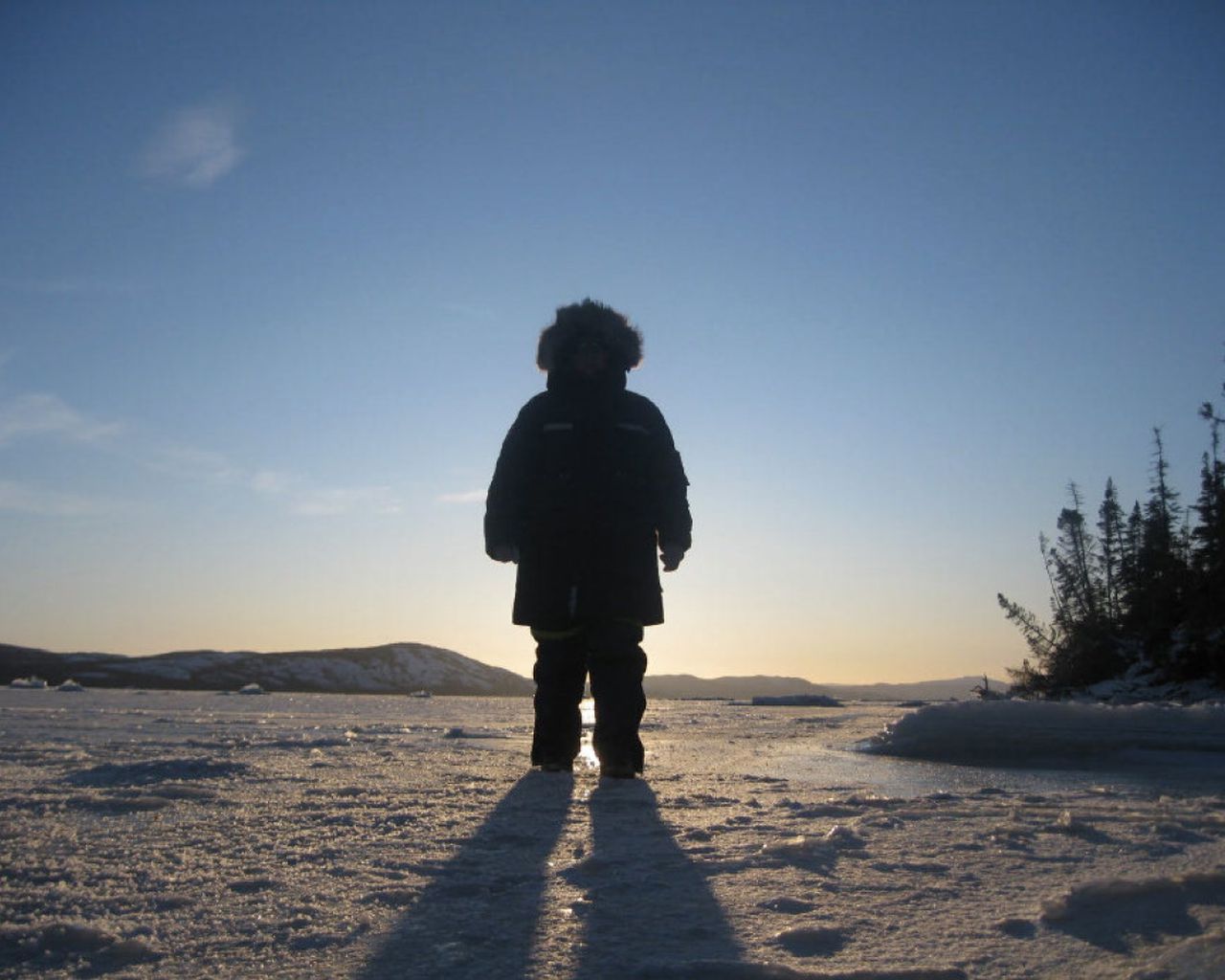
Indigenous peoples are particularly vulnerable to the hazards associated with climate change, leading to greater health inequalities. The purpose of this project is to combine community participatory techniques with epidemiological and political-ecological assessments to examine the effects of climate change and water related environmental degradation, and exclusion from management and governance of the local environment on mental health in First Nations people, particularly young people, in regions vulnerable to climate extremes.
The project aims to provide pilot data and protocol development for a larger multi-country study. The project will assess the optimum way to collect information on mental health indicators, ecological and hydrological indices including biodiversity, water, soil and air quality, and most importantly processes that exclude indigenous peoples from legal and regulatory procedures governing natural resources such as water.
As extreme events like drought and cyclones become more common, the project will develop protocols to facilitate community voice in the management and governance of the local environment. This project builds on work with First Nation communities in Dominica (KCL), Arizona (ASU), and western NSW (UNSW & Griffith University).
Professor Felicia Mitchell |
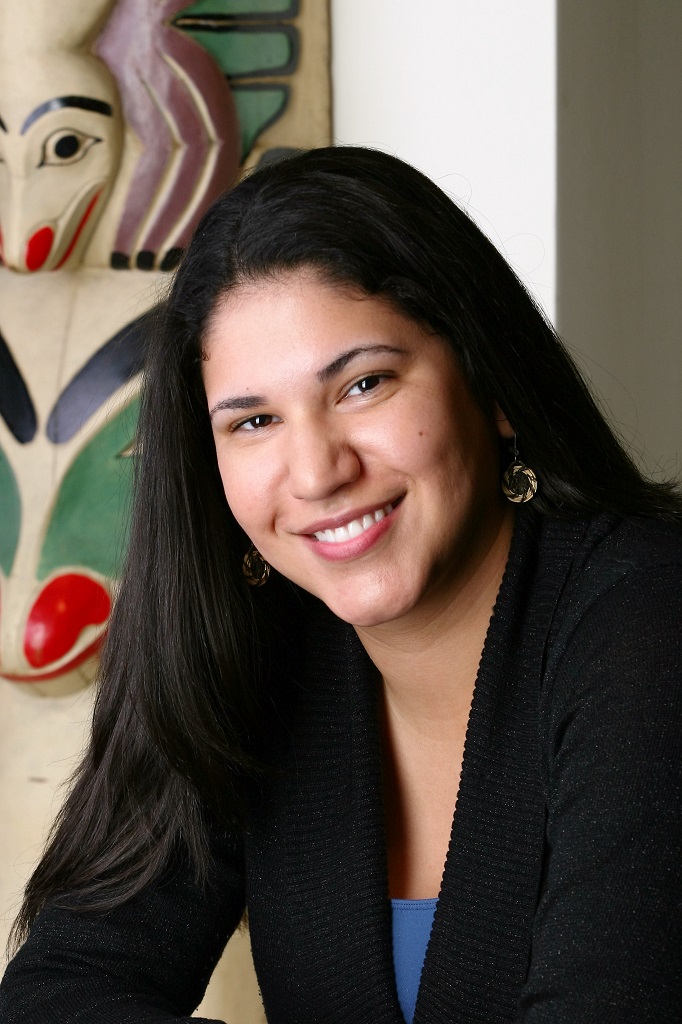
ASU | Social Justice

ASU • Social Justice
Dr. Felicia M. Mitchell joined the School of Social Work at Arizona State University in August 2016. Mitchell is committed to social justice for all oppressed and marginalized peoples and advocates for the advancement of environmental and health equity in communities of color. Her primary research interests focus on social determinants of health (inclusive of environmental determinants) and their impact on Indigenous health and well-being. Mitchell's work seeks to promote public and policy responsiveness to the health, social and anthropological dimensions of environmental change specifically related to water. Mitchell values community-based participatory research principles when partnering with communities and organizations around group-identified health and ecological concerns. Mitchell's secondary line of scholarship focuses on advancing social work education through critical reflection and engagement that seeks to dismantle settler-colonial standards in academia. Using a critical lens, she examines teaching and curriculum standards to increase accurate representations of historically underrepresented populations in the classroom and advocates for the eradication of oppressive higher education and research practices.
Professor Greg Leslie |

UNSW | Sustainability

UNSW • Sustainability
Professor Greg Leslie is a Professor in the School of Chemical Engineering at UNSW Sydney. He is the Director of the UNESCO Centre for Membrane Science and Technology and is engaged in research water and nutrient recycling by improving the performance of membranes used for desalination and recycling water and nutrients from municipal and industrial waste. In agriculture his development of a Reverse Osmosis Capable Drip Irrigation System, lets plants draw water through salt filters in irrigation pipes at their roots, using tiny amounts of energy naturally created by evaporation at their leaves.
Professor Richard Kingsford |
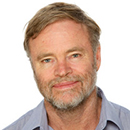
UNSW | Sustainability

UNSW • Sustainability
Professor Kingsford is Director of the Centre for Ecosystem Science at UNSW Sydney. Good management of river systems is dependent on good information of the ecological responses and a long history of monitoring the breeding of waterbirds in the Macquarie Marshes is producing dividends. The Macquarie Marshes is now established as the most important site in Australia for the breeding of colonial waterbirds (herons, egrets and ibis). The project monitors the impacts of changing water regimes on the breeding and abundance of waterbirds in the Macquarie Marshes. In October of each year Professor Kingsford conducts an aerial survey to estimate the abundance of waterbirds in eastern Australia. This project is one of the largest surveys of fauna in the world.

Photovoltaic solar cells convert sunlight into electricity, a process that occurs almost instantaneously as the light strikes the active material in a conventional solar cell. As the cost of manufacturing solar cells is now extremely low, the challenge has shifted to efficiency. Typical commercial solar cells are 17 per cent efficient compared to the theoretical maximum of 85 per cent. This research project seeks to exploit recent advances in nanophotonics to significantly improve the efficiency of a solar cell.
Professor Steve Goodnick |

ASU | Technology and Innovation

ASU • Technology and Innovation
Dr. Goodnick is Deputy Director of ASU LightWorks. Steve Goodnick is an expert in solid-state device physics, semi-conductor transport, quantum and nanostructure devices and device technology, and high frequency devices. Goodnick is also the director of Arizona Institute for Renewable Energy (AIRE). Goodnick previously served as the interim deputy dean for the Ira A. Fulton School of Engineering at ASU, and earlier as chair of the Fulton School’s Department of Electrical Engineering, and served as President of the Electrical and Computer Engineering Department Heads Association from 2003-2004. Germany, Japan and Italy are among the countries he has served as a visiting scientist. Goodnick is a Fellow of the Institute of Electrical and Electronics Engineers (IEEE) and an Alexander von Humboldt Research Fellow. Other honors and awards he has received include the IEEE Phoenix Section Society Award for Outstanding Service (2002), the Colorado State University College of Engineering Achievement in Academia Award (1998), and the College of Engineering Research Award (Oregon State University, 1996). His publication record includes more than 165 refereed journal articles, books and book chapters related to transport in semiconductor devices and microstructures.

Indigenous communities around the globe have been negatively affected by land dispossession, commercial exploitation, the legacies of colonisation and loss of independence. However, many are resilient and have regained their deep relationship to their land. This research agenda is linked to the grand challenge of bringing indigenous communities’ socio-economic conditions at par with the wider society in terms of indicators of well-being, such as health, education, livelihood, and resilience. This research seeks to understand the discursive and material strategies of resistance to neoliberal natural resource management by Indigenous communities across the US, Australia and Nepal. A series of shared learning dialogues (SLDs) will be conducted in the Navajo Tribal community in Arizona, the Dharriwaa Elders’ Group Australian Aboriginal community in Walgett Australian Aboriginal community in Walgett, New South Wales and the Tharu community in Nepal, with research findings shared through workshops with Indigenous communities and policy makers. Faculty members from ASU (Gyan Nyaupane and Christine Buzinde), King's (Daanish Mustafa), and UNSW, Sydeny (Krisna Shrestha) support this research effort.
Professor Eileen Baldry |

UNSW | Social Justice

UNSW • Social Justice
Professor Eileen Baldry is Chair of Criminology in Social Sciences, at UNSW Sydney. She has pioneered multidisciplinary research and teaching in social justice and equity across social policy, criminology, disability studies, housing and homelessness, Indigenous studies and international, social and community development. In particular, Eileen’s teaching, research and publications focus on social justice matters including mental health and cognitive disability in the criminal justice system; education, training and employment for prisoners and ex-prisoners; homelessness and transition from prison; Indigenous social work; community development and social housing; and disability services. Professor Baldry was awarded NSW Justice Medal for improving access to justice for vulnerable people. She was shortlisted in the category of Innovation in the 2016 Australian Financial Review's 100 Women of Influence.
Professor Eileen Baldry |

UNSW | Social Justice

UNSW • Social Justice
Professor Eileen Baldry is Chair of Criminology in Social Sciences, at UNSW Sydney. She has pioneered multidisciplinary research and teaching in social justice and equity across social policy, criminology, disability studies, housing and homelessness, Indigenous studies and international, social and community development. In particular, Eileen’s teaching, research and publications focus on social justice matters including mental health and cognitive disability in the criminal justice system; education, training and employment for prisoners and ex-prisoners; homelessness and transition from prison; Indigenous social work; community development and social housing; and disability services. Professor Baldry was awarded NSW Justice Medal for improving access to justice for vulnerable people. She was shortlisted in the category of Innovation in the 2016 Australian Financial Review's 100 Women of Influence.

The United Nations Sustainable Development Goals (SDGs) have set the global agenda for sustainable development up to 2030. While this set of non-binding goals originated from unprecedented consensus building between governments and NGOs, critics argue that the goals are too broad, isolated, unfocused, and unrealistic. More importantly, the SDG process itself is seen as perpetuating the traditional top-down model of development that has been shown to be ineffective. The PLuS Alliance team comprising development experts are working to create a knowledge-to-action framework and case studies in agricultural development (Indonesia), social business (Bangladesh), and urban waste management (India), which will be disseminated to practitioner communities globally.
Professor Rimjhim Aggarwal |
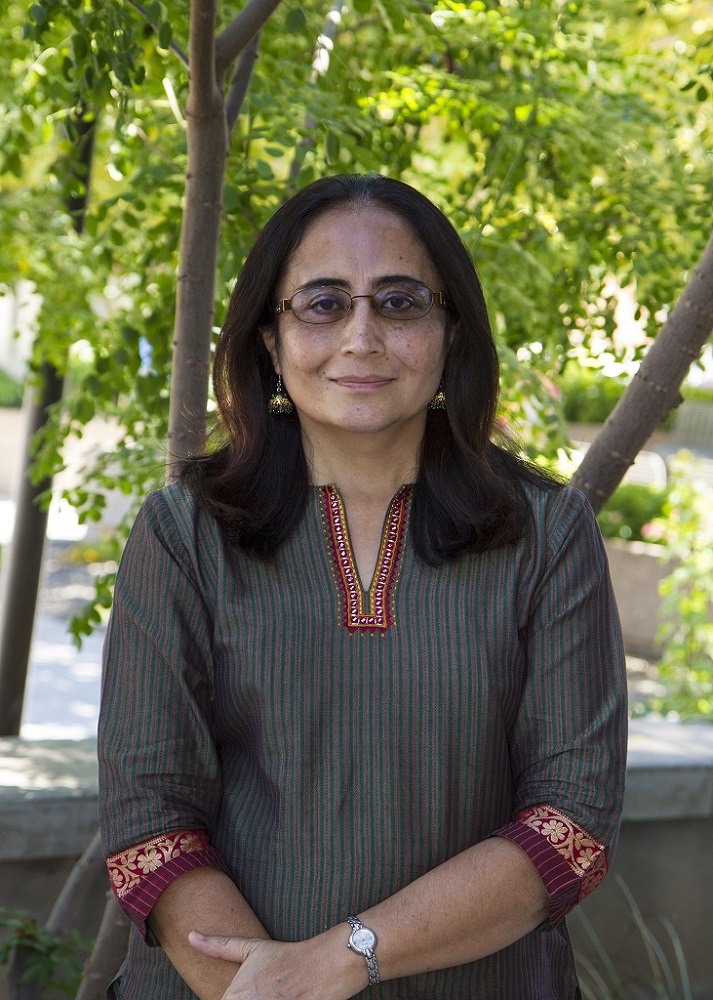
ASU | Sustainability

ASU • Sustainability
Rimjhim Aggarwal, PhD, is an Associate Professor for the School of Sustainability at Arizona State University. Aggarwal’s research and teaching interests lie at the interface between sustainability science and international development. A central focus of her research has been on examining the links between globalization, resilience of social-ecological systems, and human wellbeing. Currently, Aggarwal is researching the emerging conflicts in the framing of water as a human right as well as an economic, ecological, and social good in rapidly urbanizing regions, with a focus on Delhi, São Paulo, and Johannesburg. She is also working on a National Science Foundation project on “Innovations in Food, Energy and Water Systems.” Aggarwal is a recipient of the Fulbright-Nehru fellowship for India. In recognition of her efforts in "use-inspired research" and "community outreach," she was awarded ASU’s President's Award for Sustainability in 2010. Aggarwal has also worked as a senior consultant for the United Nations University's World Institute for Development Economics Research and the World Bank.
Professor Gary Dirks |
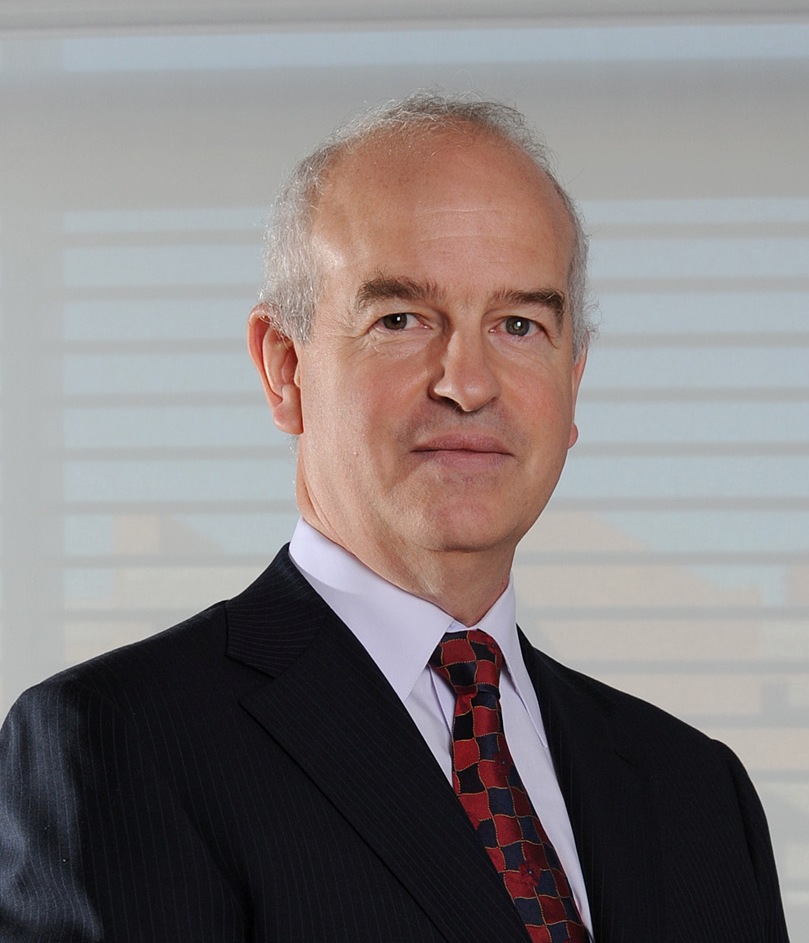
ASU | Sustainability

ASU • Sustainability
Gary Dirks, PhD, is the director of the Julie Ann Wrigley Global Institute of Sustainability at Arizona State University and director of LightWorks, an ASU initiative that capitalizes on the university’s strengths in solar energy and other light-inspired research. Dirks is also the Julie Ann Wrigley Chair of Sustainable Practices, professor of practice in the School of Sustainability, and a distinguished sustainability scientist. Dirks received his PhD in chemistry from ASU in 1980, and returned to ASU as the director of LightWorks in 2009. His expertise includes but is not limited to energy efficiency, conservation, and policy, bioenergy, alternative fuels and vehicles, renewable energy, and artificial photosynthesis. He was the first doctorate student to work in the Center for the Study of Early Events in Photosynthesis (now the Center for Bioenergy and Photosynthesis). Dirks is the former president of BP Asia-Pacific and president of BP China. In China, Dirks grew BP from an operation of fewer than 30 employees and no revenue to more than 1,300 employees and revenue of about $4 billion in 2008. He has served on the boards of the India Council for Sustainable Development, the US/China Center for Sustainable Development, and the China Business Council for Sustainable Development. In 2003, Dirks received China’s “Friendship Award” and an honorary CMG (Companion of the Order of St. Michael and St. George) from the United Kingdom in 2005. In 2008, he was recognized by the People’s Daily as one of the 10 most influential multinational company leaders of the last 30 years of China’s economic development.
Professor Frank Kelly |

King's | Sustainability

King's • Sustainability
Professor Frank Kelly holds the chair in Environmental Health at King's College London, where he is Director of the Department of Analytical, Environmental & Forensic Sciences. His other positions of responsibility are Director of the Environmental Research Group, Director of the NIHR Health Protection Research Unit in Health Impact of Environmental Hazards and Deputy Director of the MRC-PHE Centre for Environment & Health. From these multiple positions he is able to combine his two main research interests, namely free radical/antioxidant biochemistry and the impact of atmospheric pollution on human health
This research project aims to improve agriculture and remove one of the world’s most aggressive and invasive species in Nepal, while simultaneously creating a joint humanitarian engineering programme. Working with local researchers in Nepal and members of the Community Forestry Users Group (CFUG), the cross-border team are collaborating to produce biochar (charcoal used as a soil amendment) and green charcoal from invasive plants as sustainable solutions at the nexus of food, energy, and water (FEW), and to develop courses on humanitarian engineering.
Professor Mark Henderson |

ASU | Technology and Innovation

ASU • Technology and Innovation
Mark Henderson is professor of Engineering at Arizona State University at the Polytechnic campus. He received the MS degree in biomechanical engineering and the Ph.D. in mechanical engineering (CAD) from Purdue University. Henderson was named a Presidential Young Investigator from 1985-90 and is co-author of the textbook, Computer-Integrated Design and Manufacturing. His major research includes 60 papers in computer-aided design and global engineering and he serves on the editorial board of The Journal of Computer-Aided Design (CAD). Henderson is on the founding faculty of an engineering program at ASU's Polytechnic campus. He is also co-founder of the InnovationSpace, a new approach to transdisciplinary product development and entrepreneurship. Henderson's interests extend across typical disciplinary boundaries and include global design teams, innovative product design, computer graphics, CAD and rapid prototyping.
Dr Naho Mirumachi |

King's | Sustainability

King's • Sustainability
Dr Naho Mirumachi is Lecturer in Geography at the Department of Geography. She has research interests in the politics and governance of the environment, particularly water. Dr Mirumachi has fieldwork experience in the Orange-Senqu River basin in Southern Africa, Ganges River basin in South Asia, and the Mekong River basin in Southeast Asia, and most recently Tanzania.
Global ecosystem services, valued at $125 trillion annually, are undergoing environmental change from inappropriate development, rapidly impacting on ecosystem sustainability. The IUCN Red List of Ecosystems is a new international standard for assessing the risk of collapse and conservation status of ecosystems. This project addresses global scale challenges in sustainability, developing a globally applicable classification framework that improves planning and management decisions by identifying the most vulnerable ecosystems
Dr Megan Bowman |
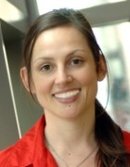
King's | Sustainability

King's • Sustainability
Dr Megan Bowman began her career in Australia as a solicitor at a top-tier commercial law firm and then subsequently at a non-profit environmental law organisation. Her expertise focuses on transnational analyses of commercial and financial regulation, climate finance, corporate ethics, and optimal regulatory design which accounts for both the levers and limits of law and policy.
Professor Richard Kingsford |

UNSW | Sustainability

UNSW • Sustainability
Professor Kingsford is Director of the Centre for Ecosystem Science at UNSW Sydney. Good management of river systems is dependent on good information of the ecological responses and a long history of monitoring the breeding of waterbirds in the Macquarie Marshes is producing dividends. The Macquarie Marshes is now established as the most important site in Australia for the breeding of colonial waterbirds (herons, egrets and ibis). The project monitors the impacts of changing water regimes on the breeding and abundance of waterbirds in the Macquarie Marshes. In October of each year Professor Kingsford conducts an aerial survey to estimate the abundance of waterbirds in eastern Australia. This project is one of the largest surveys of fauna in the world.
Professor Cameron Holley |
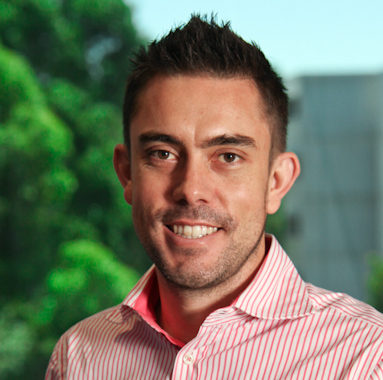
UNSW | Sustainability

UNSW • Sustainability
Professor Cameron Holley is the Co-Director of Postgraduate Studies at UNSW Law, Chair of the Environmental Law Research Cluster at UNSW Law and a member of the leadership teams of the Connected Waters Initiative Research Centre and the Global Water Institute, UNSW. His research is in the areas of environmental law and water governance. Within these fields, he has examined issues of compliance and enforcement, environmental security, resilience, democratic participation, adaptive management and collaborative governance. An empirical researcher, Cameron works closely with international government and non-government organisations on research projects. His current agenda is centred on water law and energy governance (under an ARC Discovery) and identifying best practices in the regulation of water scarcity by comparing laws in Europe, USA and Australia. In 2014, he was awarded the IUCN Academy of Environmental Law Scholarship Award for my contribution to environmental law scholarship.
How can data-driven decision-making help city managers, government workers, and policy makers create liveable and resilient cities? The informed Urbanisation project, ‘Planning smart, healthy, accessible cities’ uses integrated data, mathematical models, context information, and visualisation to address the challenges of urban development. The research team have combined their skills and expertise to develop an interdisciplinary, cross-institutional research programme that address the transformations taking place in urban infrastructure, systems and services and in the demographics and behaviour of urban populations. Our objective is to interest and educate policymakers, practitioners, and researchers on how informed urbanisation can offer smart and sustainable solutions in a complex, real-world context in cities across four continents.
Professor Frank Kelly |

King's | Sustainability

King's • Sustainability
Professor Frank Kelly holds the chair in Environmental Health at King's College London, where he is Director of the Department of Analytical, Environmental & Forensic Sciences. His other positions of responsibility are Director of the Environmental Research Group, Director of the NIHR Health Protection Research Unit in Health Impact of Environmental Hazards and Deputy Director of the MRC-PHE Centre for Environment & Health. From these multiple positions he is able to combine his two main research interests, namely free radical/antioxidant biochemistry and the impact of atmospheric pollution on human health
Professor Elizabeth Wentz |
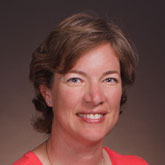
ASU | Sustainability

ASU • Sustainability
Elizabeth Wentz, PhD, is Dean of Social Sciences in the College of Liberal Arts and Sciences at Arizona State University. Professor Wentz also serves as a Professor and director of the School of Geographical Sciences and Urban Planning and President of the University Consortium for Geographic Information Science. In 1997, she came to ASU to focus on the design, implementation, and evaluation of Geographic Information Science technologies, such as geographic information systems, remote sensing, and spatial analysis. Wentz's most current projects concentrate on water resource management and urban remote sensing.
Professor Chris Pettit |

UNSW | Sustainability

UNSW • Sustainability
Professor Pettit is the inaugural Chair of Urban Science (2015) at UNSW Sydney, being previously at the University Melbourne (20011-2015). The State Government of Victoria, (2004-2011) and RMIT University (2002-2004). He is responsible for the Digital Cities course at UNSW. He previously developed the Urban Informatics course at the University of Melbourne and was the lead author on the ESRI online virtual campus course in GIS and Planning which attracted more than 3,000 students between 2000 and 2010. His educational background has been focused specifically on the fields of spatial planning and GIS at the undergraduate and postgraduate level. His Ph.D. examined the using of GIS and mapping technologies for undertaking scenario planning at the land parcel level across municipalities. Professor Pettit is closely involved with a number of professional organisations. He is a member of the Surveying and Spatial Sciences Institute (SSSI) and the Planning Institute of Australia (PIA).

There is growing recognition that sustainability science requires input from scholars rooted in human values, ethics, cultures, aesthetics, and imaginations. Yet, despite a history of environmental work within the ‘environmental humanities’ - encompassing literature, history, philosophy, religion, human geography and art – engagement with sustainability science by the environmental humanities has predominantly been limited to critique rather than multidisciplinary collaboration. This research project proposed themed workshops to foster meaningful and deep collaborations between humanists and sustainability scientists in three domains - new knowledge co-production, new forms of engagement, and impact evaluation. These global workshops enable the modelling of research approaches and metrics that provide opportunities for communities and academics to better understand what lies behind public-decision making, to develop modes of collaboration with disciplines beyond the humanities and a range of public stakeholders, and to pilot new environmental humanities applications to pressing global challenges.
Professor Gary Dirks |

ASU | Sustainability

ASU • Sustainability
Gary Dirks, PhD, is the director of the Julie Ann Wrigley Global Institute of Sustainability at Arizona State University and director of LightWorks, an ASU initiative that capitalizes on the university’s strengths in solar energy and other light-inspired research. Dirks is also the Julie Ann Wrigley Chair of Sustainable Practices, professor of practice in the School of Sustainability, and a distinguished sustainability scientist. Dirks received his PhD in chemistry from ASU in 1980, and returned to ASU as the director of LightWorks in 2009. His expertise includes but is not limited to energy efficiency, conservation, and policy, bioenergy, alternative fuels and vehicles, renewable energy, and artificial photosynthesis. He was the first doctorate student to work in the Center for the Study of Early Events in Photosynthesis (now the Center for Bioenergy and Photosynthesis). Dirks is the former president of BP Asia-Pacific and president of BP China. In China, Dirks grew BP from an operation of fewer than 30 employees and no revenue to more than 1,300 employees and revenue of about $4 billion in 2008. He has served on the boards of the India Council for Sustainable Development, the US/China Center for Sustainable Development, and the China Business Council for Sustainable Development. In 2003, Dirks received China’s “Friendship Award” and an honorary CMG (Companion of the Order of St. Michael and St. George) from the United Kingdom in 2005. In 2008, he was recognized by the People’s Daily as one of the 10 most influential multinational company leaders of the last 30 years of China’s economic development.
Professor Rimjhim Aggarwal |

ASU | Sustainability

ASU • Sustainability
Rimjhim Aggarwal, PhD, is an Associate Professor for the School of Sustainability at Arizona State University. Aggarwal’s research and teaching interests lie at the interface between sustainability science and international development. A central focus of her research has been on examining the links between globalization, resilience of social-ecological systems, and human wellbeing. Currently, Aggarwal is researching the emerging conflicts in the framing of water as a human right as well as an economic, ecological, and social good in rapidly urbanizing regions, with a focus on Delhi, São Paulo, and Johannesburg. She is also working on a National Science Foundation project on “Innovations in Food, Energy and Water Systems.” Aggarwal is a recipient of the Fulbright-Nehru fellowship for India. In recognition of her efforts in "use-inspired research" and "community outreach," she was awarded ASU’s President's Award for Sustainability in 2010. Aggarwal has also worked as a senior consultant for the United Nations University's World Institute for Development Economics Research and the World Bank.
Professor Joni Adamson |
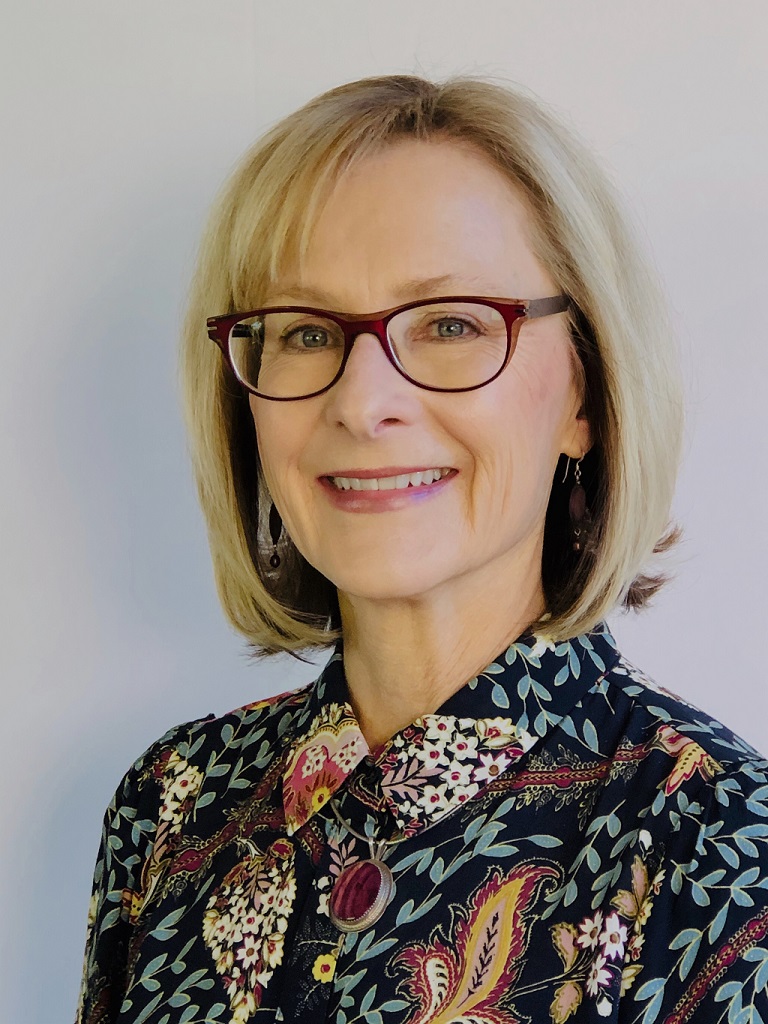
ASU | Sustainability

ASU • Sustainability
Joni Adamson is a President’s Professor of Environmental Humanities in the Department of English and Director of the Environmental Humanities Initiative (EHI) at Arizona State University. She is the author and/or co-editor of American Indian Literature, Environmental Justice and Ecocriticism (University of Arizona Press, 2001), The Environmental Justice Reader (University of Arizona Press, 2002), American Studies, Ecocriticism, and Ecology (Routledge, 2013), Keywords for Environmental Studies (New York University Press, 2016), Ecocriticism and Indigenous Studies—Conversations from Earth to Cosmos (Routledge 2017) and Humanities for the Environment (Routledge 2017). She lectures internationally and has published over 80 articles, chapters, blogs and reviews. Her work has been supported by many awards and grants, including most recently, the 2019 Benjamin N. Duke Fellowship at the National Humanities Center in North Carolina. She is Secretary General of the Humanities for the Environment global network and served as President of the world’s largest environmental humanities organization, The Association for the Study of Literature and Environment (ASLE), in 2012.
Dr George Adamson |
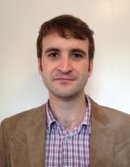
King's | Sustainability

King's • Sustainability
Dr George Adamson is an interdisciplinary geographer with specialisms that span the physical, social and cultural dimensions of geography, particularly climate. His research calls for a greater attention to pre-industrial or 'natural climate variability' and also an appreciation of the deeper historical interrelationship of climate and society.
Professor Mike Hulme |
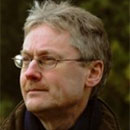
King's | Sustainability

King's • Sustainability
Mike Hulme is a Professor of Climate & Culture. His research interests focus on the relationships between climate, history and culture, cultural and scientific knowledge of climate and its changes, climate engineering and public meanings and representations of the idea of climate-change. His work draws upon theories and methods from science and technology studies, geographies of science, cultural geography, political philosophy and environmental history.
Professor Cameron Holley |

UNSW | Sustainability

UNSW • Sustainability
Professor Cameron Holley is the Co-Director of Postgraduate Studies at UNSW Law, Chair of the Environmental Law Research Cluster at UNSW Law and a member of the leadership teams of the Connected Waters Initiative Research Centre and the Global Water Institute, UNSW. His research is in the areas of environmental law and water governance. Within these fields, he has examined issues of compliance and enforcement, environmental security, resilience, democratic participation, adaptive management and collaborative governance. An empirical researcher, Cameron works closely with international government and non-government organisations on research projects. His current agenda is centred on water law and energy governance (under an ARC Discovery) and identifying best practices in the regulation of water scarcity by comparing laws in Europe, USA and Australia. In 2014, he was awarded the IUCN Academy of Environmental Law Scholarship Award for my contribution to environmental law scholarship.
Managing risks to water security in an era of global climate change is widely considered to be among the greatest development challenges facing humanity. The GRBC project embraces the multidimensionality (institutional, social and ecological) of fresh water as a grand challenge. It builds scientific understanding, cooperation and adaptive management opportunities in river basin governance to inform solutions through improvements in regulation, management, engineering, governance, ecological sustainability and public health.
Professor Dave White |
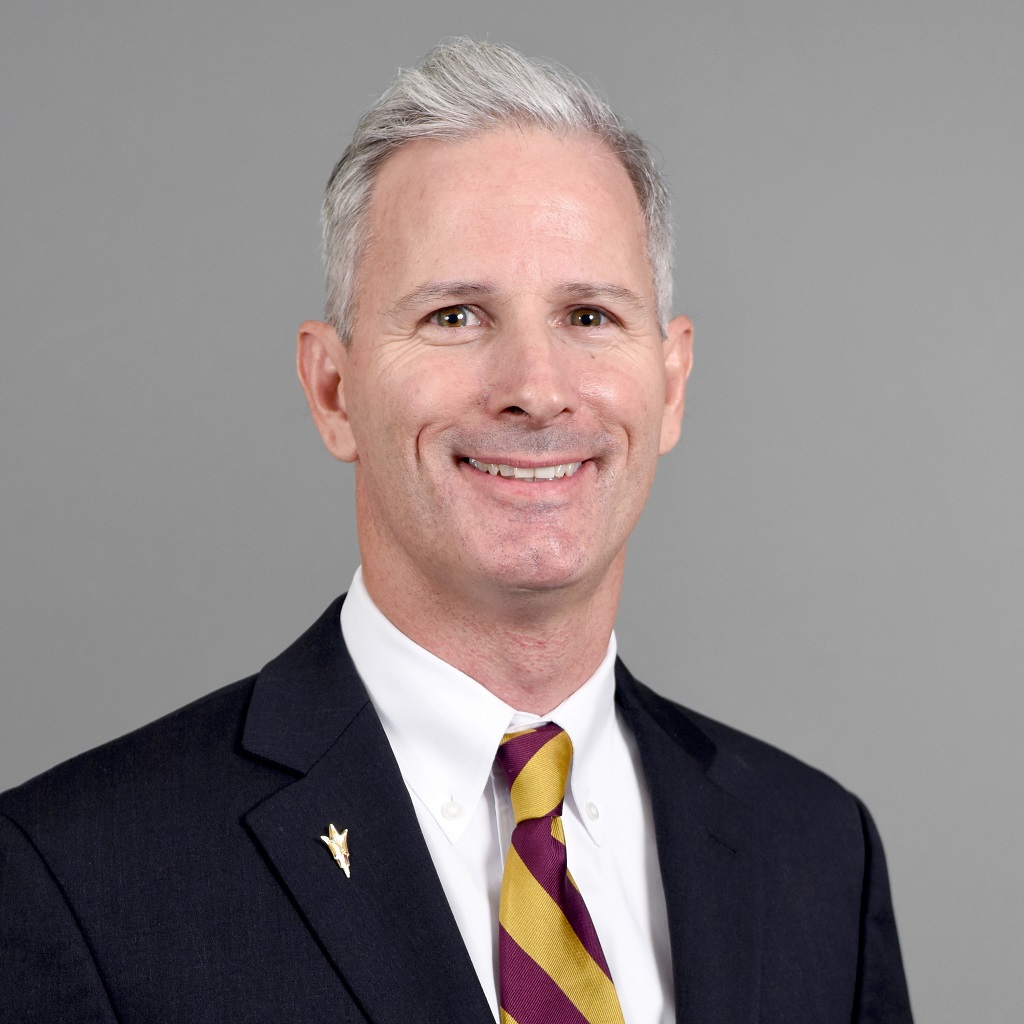
ASU | Sustainability

ASU • Sustainability
Dave White joined Arizona State University in 2001. He serves as Deputy Director of the Julie Ann Wrigley Global Institute of Sustainability, interim Director of the Rob and Melani Walton Sustainability Solutions Service, Director of the Decision Center for a Desert City, and Professor in the School of Community Resources Development. White is internationally recognized for his contributions to science in support of sustainability. He has published more than 60 peer-reviewed articles advancing numerous fields including decision science, science and technology studies, sustainability science, and natural resources management. His work has also been covered in popular media including The New York Times, Wall Street Journal and National Public Radio.
Professor Michael Hanemann |
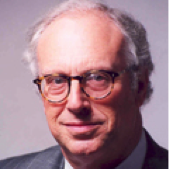
ASU | Sustainability

ASU • Sustainability
Michael Hanemann, PhD, is the Julie Ann Wrigley Chair in Sustainability, a distinguished sustainability scientist for the Julie Ann Wrigley Global Institute of Sustainability, and professor in the Department of Economics at ASU. Professor Hanemann is also the professor of environmental and resource economics and chancellor’s professor emeritus in the Department of Agricultural and Resources Economics at the University of California, Berkeley, where he has been on the faculty since 1968. Prior to joining ASU, Hanemann earned a bachelor’s degree from Oxford University in Philosophy, Politics, and Economics and a master’s of science degree in economics from the London School of Economics. He went on to earn his master’s degree in public finance and decision theory and doctorate in economics from Harvard University. Hanemann’s research interests include behavioral science, economic valuation, and environmental regulation and conservation. He is a member of the National Academy of Sciences and holds an honorary PhD from the University of Vigo, Spain.
Professor Richard Kingsford |

UNSW | Sustainability

UNSW • Sustainability
Professor Kingsford is Director of the Centre for Ecosystem Science at UNSW Sydney. Good management of river systems is dependent on good information of the ecological responses and a long history of monitoring the breeding of waterbirds in the Macquarie Marshes is producing dividends. The Macquarie Marshes is now established as the most important site in Australia for the breeding of colonial waterbirds (herons, egrets and ibis). The project monitors the impacts of changing water regimes on the breeding and abundance of waterbirds in the Macquarie Marshes. In October of each year Professor Kingsford conducts an aerial survey to estimate the abundance of waterbirds in eastern Australia. This project is one of the largest surveys of fauna in the world.
Professor David Waite |

UNSW | Sustainability
Scientia Professor David Waite from the UNSW School of Civil and Environmental Engineering is leading a team working at the intersection of nanotechnology, materials science and environmental engineering, developing new composite materials made from silver nanoparticles anchored onto the low-cost silica from rice husk ash (RHA). When burned, the ash from rice husks has a high concentration of silica, which is thought to be an excellent supporting material for ultra-fine silver nanoparticles. These nanoparticles have become well-known for their anti-bacterial properties and applications in water treatment, but at the size where these particles are most effective (diameters less than 20 nm), they have a tendency to aggregate, which decreases their disinfecting potential. The rice husk ash prevents aggregation of the silver nanoparticles, the rice husk ash support slows down the release time of dissolved silver, enhancing the long-term anti-bacterial applications of the particles. The technology is ideal for supplying clean, affordable drinking water to remote communities or for providing purified water after a disaster or emergency.

UNSW • Sustainability
Scientia Professor David Waite from the UNSW School of Civil and Environmental Engineering is leading a team working at the intersection of nanotechnology, materials science and environmental engineering, developing new composite materials made from silver nanoparticles anchored onto the low-cost silica from rice husk ash (RHA). When burned, the ash from rice husks has a high concentration of silica, which is thought to be an excellent supporting material for ultra-fine silver nanoparticles. These nanoparticles have become well-known for their anti-bacterial properties and applications in water treatment, but at the size where these particles are most effective (diameters less than 20 nm), they have a tendency to aggregate, which decreases their disinfecting potential. The rice husk ash prevents aggregation of the silver nanoparticles, the rice husk ash support slows down the release time of dissolved silver, enhancing the long-term anti-bacterial applications of the particles. The technology is ideal for supplying clean, affordable drinking water to remote communities or for providing purified water after a disaster or emergency.
Professor Greg Leslie |

UNSW | Sustainability

UNSW • Sustainability
Professor Greg Leslie is a Professor in the School of Chemical Engineering at UNSW Sydney. He is the Director of the UNESCO Centre for Membrane Science and Technology and is engaged in research water and nutrient recycling by improving the performance of membranes used for desalination and recycling water and nutrients from municipal and industrial waste. In agriculture his development of a Reverse Osmosis Capable Drip Irrigation System, lets plants draw water through salt filters in irrigation pipes at their roots, using tiny amounts of energy naturally created by evaporation at their leaves.
Professor Fleur Johns |
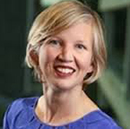
UNSW | Social Justice

UNSW • Social Justice
Professor Fleur Johns is a Professor in Law at UNSW Sydney and publishes widely in the areas of international law, socio-legal studies and legal theory. Currently, she is engaged in new work on the use of data analytics in humanitarian aid and development work. She has served as Articles Editor of the Leiden Journal of International Law. She was Co-Director of the Sydney Centre for International Law at the University of Sydney and also been Distinguished Visiting Professor at the University of Toronto, a Leverhulme Visiting Fellow at Birkbeck College (University of London) and she has been invited to be Shimizu Visiting Professor of Law at the LSE in London. Prior to commencing her academic career, she practised as a corporate lawyer with Sullivan & Cromwell LLP, in New York, specialising in international project finance.
Professor David Sanderson |
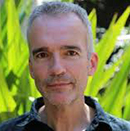
UNSW | Sustainability

UNSW • Sustainability
Professor David Sanderson is the inaugural Judith Neilson Chair of Architecture and Design at UNSW. David has worked for 25 years in development and disaster risk reduction across the world, working mostly for aid agencies. David was trained in architecture and holds a PhD in urban livelihoods and vulnerability. David’s research has focused on urban livelihoods, shelter and disaster risk reduction. Between 1998 and 2006 he worked for CARE International UK as Head of Policy and was subsequently Regional Manager for Southern and West Africa. Before that he worked for four years at the Oxford Centre for Disaster Studies. From 2006-2014, he was Director of the Centre for Development and Emergency Practice (CENDEP) at Oxford Brookes University, which was followed by 18 months as Professor at the Norwegian University of Science and Technology (NTNU). IN 2013-14, David was Visiting Professor at Harvard University’s Graduate School of Design.
Professor Enrique Vivoni |

ASU | Sustainability

ASU • Sustainability
Dr. Vivoni is a hydrologist whose is interested in the interactions of water in the lithosphere, biosphere and atmosphere. His current research focuses on land surface ecohydrological processes in the semiarid southwestern United States and northwestern Mexico, in particular during the summer monsoon season. Current field efforts include a small watershed study of ecohydrological interactions in the Sevilleta National Wildlife Refuge, a regional basin study of the hydroclimatological impact of vegetation greening in the Rio Sonora in Mexico, and the study of the short and long-term effects of vegetation changes on the hydrological response in basins of northern New Mexico. In these studies, field observations and remote sensing data are used in conjunction with a distributed model to explore the underlying hydrological mechanisms and provide relevant predictions at the watershed scale. This research involves data analyses of observations, numerical modeling using parallel computing, and synthesis activities to test relevant hypotheses.
Dr Naho Mirumachi |

King's | Sustainability

King's • Sustainability
Dr Naho Mirumachi is Lecturer in Geography at the Department of Geography. She has research interests in the politics and governance of the environment, particularly water. Dr Mirumachi has fieldwork experience in the Orange-Senqu River basin in Southern Africa, Ganges River basin in South Asia, and the Mekong River basin in Southeast Asia, and most recently Tanzania.
Professor Cameron Holley |

UNSW | Sustainability

UNSW • Sustainability
Professor Cameron Holley is the Co-Director of Postgraduate Studies at UNSW Law, Chair of the Environmental Law Research Cluster at UNSW Law and a member of the leadership teams of the Connected Waters Initiative Research Centre and the Global Water Institute, UNSW. His research is in the areas of environmental law and water governance. Within these fields, he has examined issues of compliance and enforcement, environmental security, resilience, democratic participation, adaptive management and collaborative governance. An empirical researcher, Cameron works closely with international government and non-government organisations on research projects. His current agenda is centred on water law and energy governance (under an ARC Discovery) and identifying best practices in the regulation of water scarcity by comparing laws in Europe, USA and Australia. In 2014, he was awarded the IUCN Academy of Environmental Law Scholarship Award for my contribution to environmental law scholarship.


